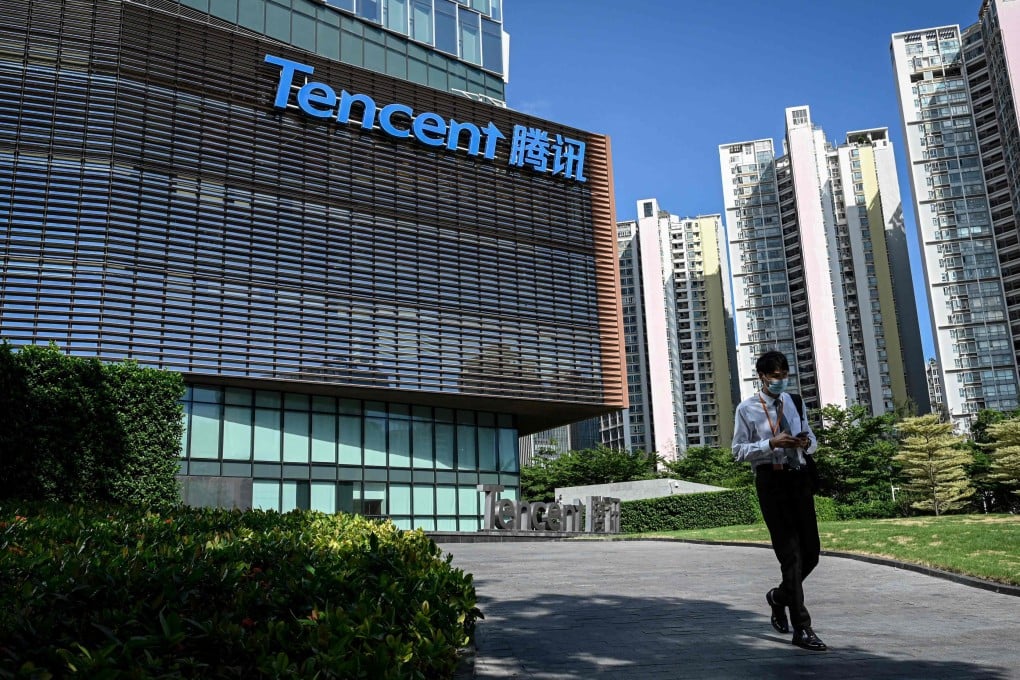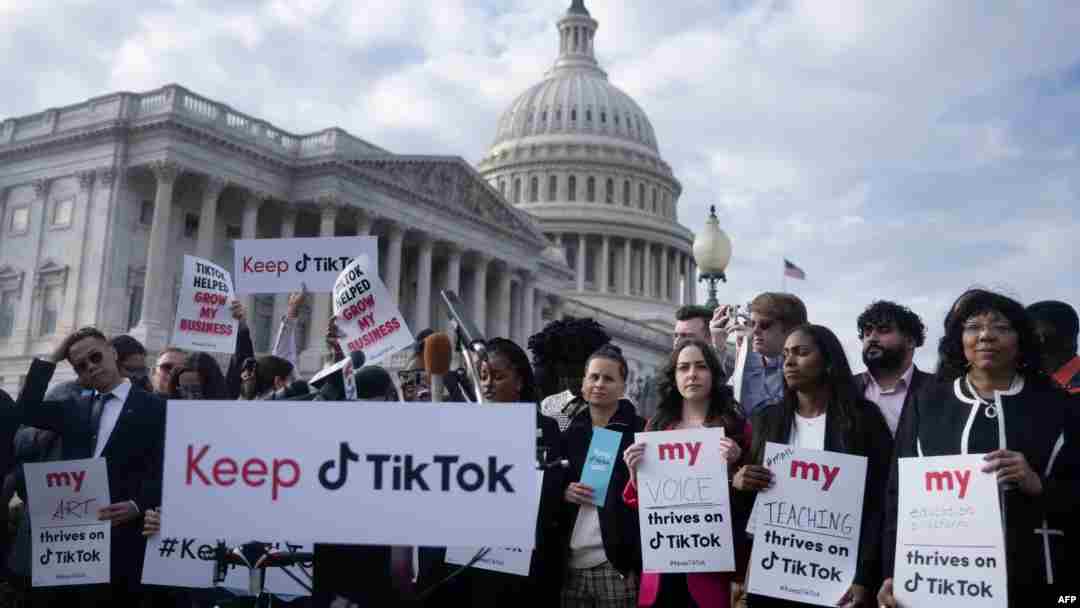A U.S. appeals court ruled Thursday that the Federal Communications Commission (FCC) lacks the legal authority to reinstate net neutrality rules, marking a significant setback for the Biden administration’s efforts to revive the policy.
The Cincinnati-based 6th U.S. Circuit Court of Appeals, in its decision, cited the Supreme Court’s June ruling in the Loper Bright case, which overturned a 1984 precedent granting deference to federal agencies in interpreting laws they oversee. The court stated, “Applying Loper Bright means we can end the FCC’s vacillations,” effectively invalidating the commission’s attempt to restore the 2015 Obama-era regulations.
Net neutrality rules require internet service providers (ISPs) to treat all data equally, barring practices such as blocking content, throttling speeds, or offering preferential treatment through paid agreements. The rules were repealed in 2017 under the Trump administration, sparking ongoing debates over federal oversight of the internet.
Political Reactions and Industry Responses
The decision leaves state-level neutrality measures, like California’s, intact but effectively halts over two decades of efforts to establish sweeping federal regulations.
Incoming FCC Chair Brendan Carr, a critic of net neutrality, called the ruling a victory against what he termed Biden’s “internet power grab,” pledging to further roll back regulatory efforts.
FCC Chair Jessica Rosenworcel, however, urged Congress to act, stating, “Consumers across the country have told us again and again that they want an internet that is fast, open, and fair. With this decision, it is clear that Congress must now codify these principles into federal law.”
Industry groups representing major ISPs like AT&T and Verizon lauded the ruling, calling it “a victory for American consumers that will lead to more investment, innovation, and competition.”
Implications and Future of Net Neutrality
The court’s decision underscores the limitations on federal agencies following the Supreme Court’s move to reduce regulatory deference. It also signals the likelihood of continued challenges for net neutrality advocates, who may now turn to the Supreme Court or Congress to advance their cause.
While the Biden administration is unlikely to pursue further appeals, the decision may influence future debates over broadband regulations, internet access, and federal oversight of online services.
Tech giants, including Amazon, Apple, Alphabet, and Meta, had backed the FCC’s attempt to reinstate net neutrality, citing its importance for a competitive and open internet.




